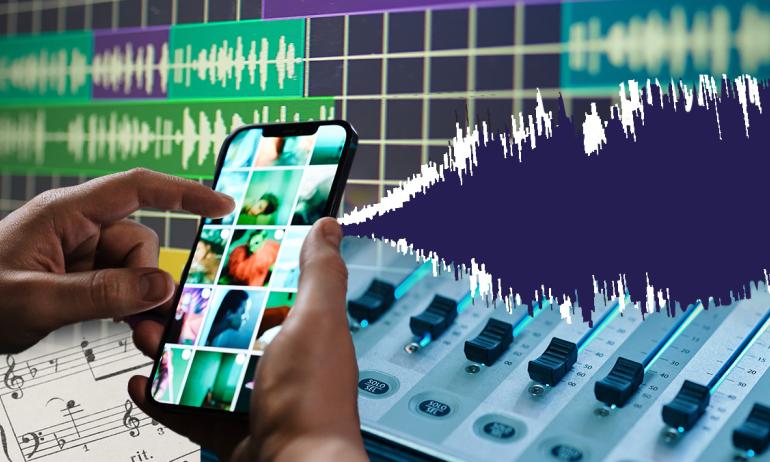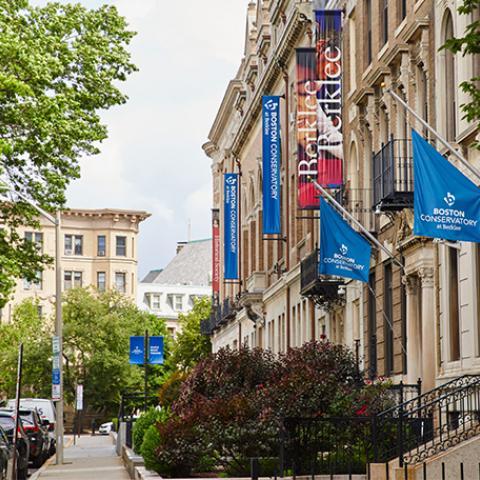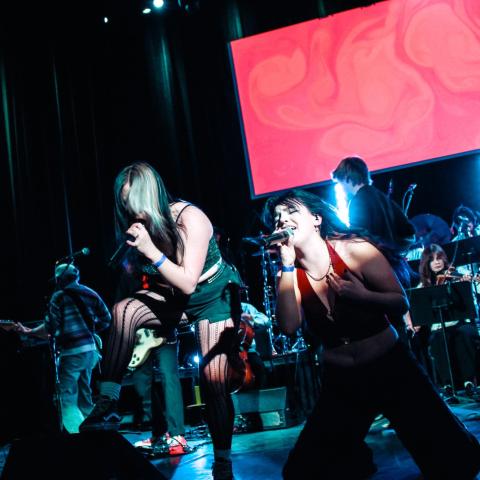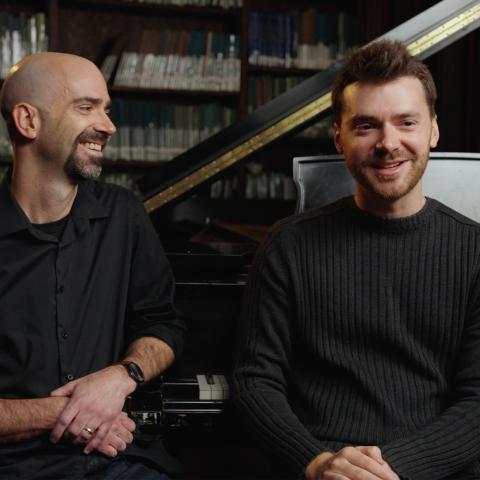How Dan Moretti Brings Live Energy to His Online Classrooms

Dan Moretti, professor in the Contemporary Writing and Production Department
Image courtesy of Yamaha Artist Services
Most of the conversation since colleges around the world made the shift to remote learning this past spring due to the spread of the novel coronavirus has focused on how to replicate or replace on-campus education. How can students that expected to be in a classroom have their goals met from behind a screen? Berklee President Roger H. Brown has spoken at length about how online education has to provide more than a space for video chat. On the faculty level, multi-instrumentalist and producer Dan Moretti, professor in the Contemporary Writing and Production (CWP) Department, who has taught courses for Berklee Online for the last 15 years, often looked at the topic from the other end, asking himself how online teaching could improve his on-campus teaching.
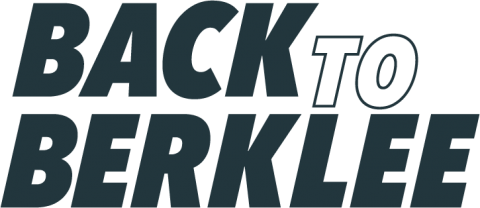
His main challenges were logistical, such as having students in multiple time zones, or students getting fatigued from all the back-to-back screen time. To address this, Matthew Nicholl, dean of the Professional Writing and Music Technology Division, explained that schedules across the institution will be spread out between 8:00 a.m. to 10:00 p.m.
“I really believe there’s an opportunity to be more connected to your students than you were in a live situation.”
—Dan Moretti
The expanded schedule relieves pressure on the students, allowing the faculty to focus on building community, which Moretti sees more as an opportunity than a challenge, an opinion based on what he's observed teaching Berklee Online courses such as the award-winning Arranging: Contemporary Styles. “I really believe there’s an opportunity to be more connected to your students than you were in a live situation,” Moretti said. “You tend to take ‘live’ for granted. Being online, you have to make more of an effort to connect.”
To find those points of connection, Moretti, who also teaches classes for the Ensemble Department, makes sure his use of technology is as interactive as possible. That can be as simple as using breakout rooms in a Zoom call to allow for small groups to work on projects in real time, or using more specialized software such as Soundslice, which enables ensemble students to work simultaneously with video performances and its corresponding sheet music in a customizable way.
Watch Dan Moretti narrate a quick demo of how he uses Soundslice to help engage students remotely:
Moretti said that his ultimate goal is to “create the feeling of being live in the virtual world.” In one sense, that means finding ways to replicate the personal connection a student might feel talking to a professor after class or in their office hours. To help make up for that loss, Moretti has made space for casual conversation at the beginning of each class, helping everyone ease into a comfortable rhythm and set the tone for an overall more open and interactive class session.
But “being live” also has a distinctly musical connotation too: live performance. In Moretti’s work with ensembles, his emphasis on openness has created a space where student performers feel free to express themselves. Take his funky Music of the Crusaders ensemble, for example, where the rigidity and awkwardness one might expect from a video call is replaced by effortless groove:
Thinking ahead to the fall, Moretti said he “wants students to have the confidence to understand that everyone at Berklee is going to bat to make these courses great for learning, but is also trying to make it enjoyable and interactive.” That team approach has convinced him that, as he said, “the outcome is going to be as good or better as if they’re on campus.”

